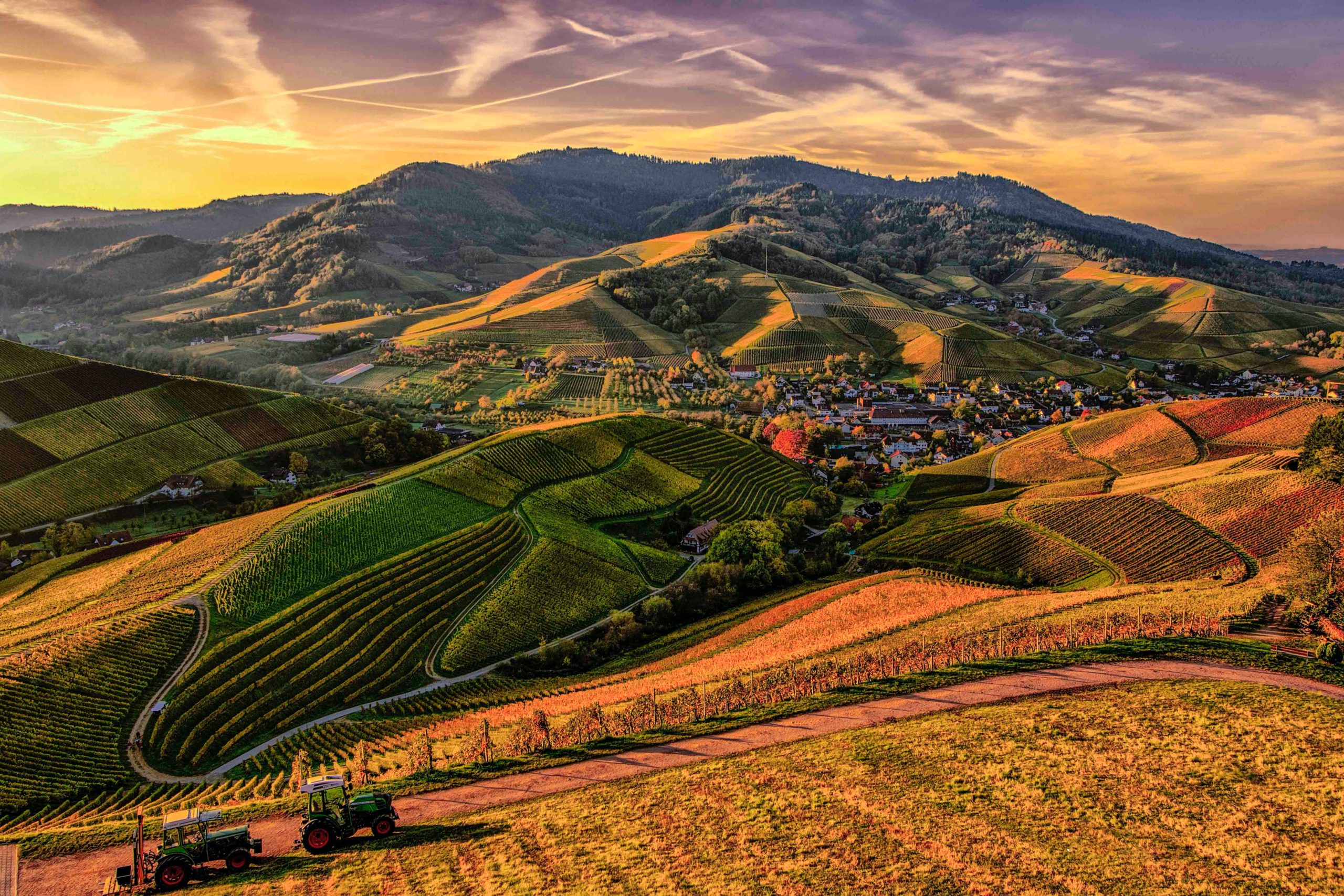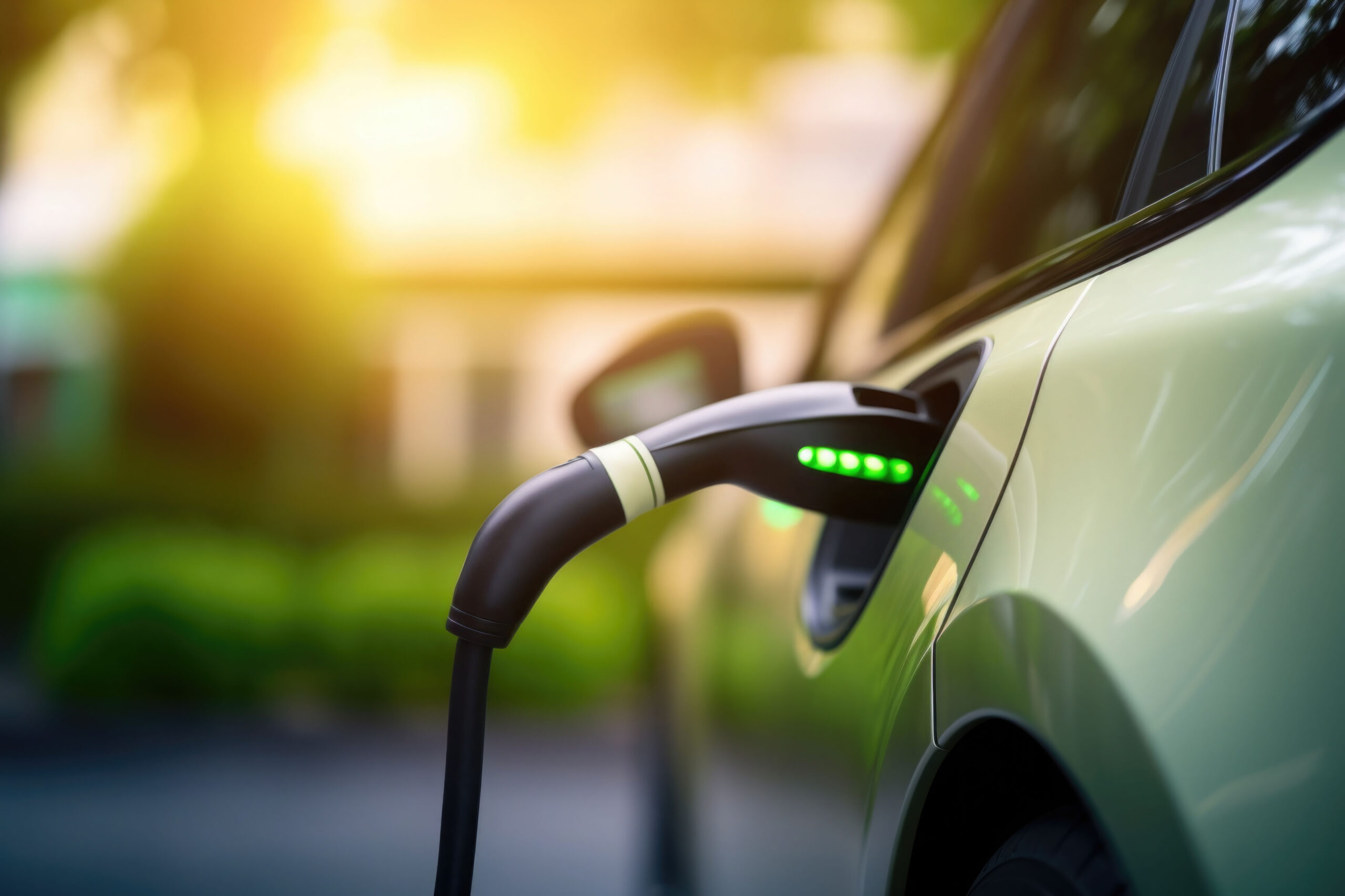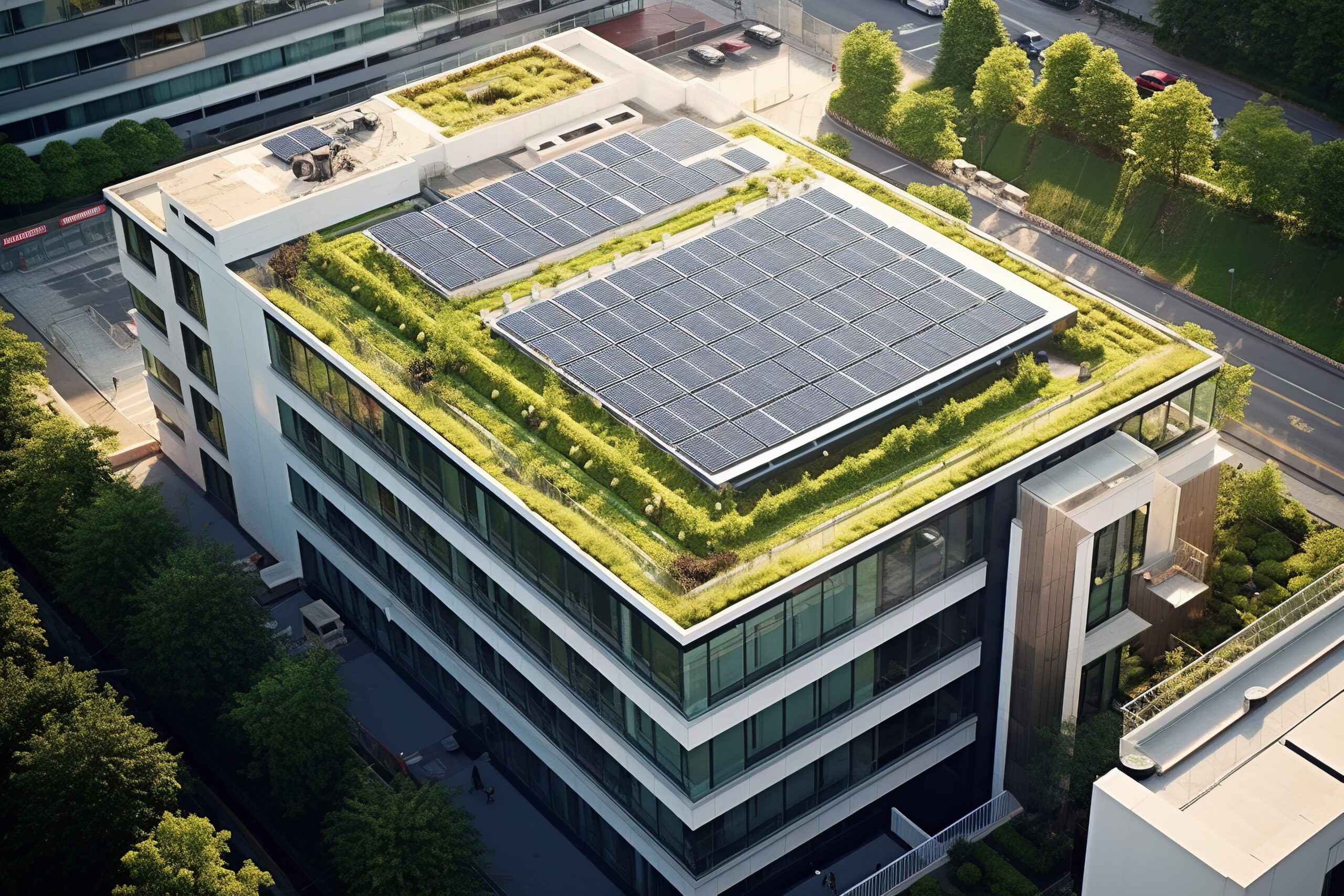
The Rexel Foundation and Rurener make the energy transition a development opportunity for rural areas in Europe
Faced with the changes confronted by European rural regions (climate change, community restructuring, demographics, and digital transformation), the European Union is deploying participatory public policies for innovation, competitiveness, sustainable development, and social inclusion.
To fight more specifically against the energy divide, the Rexel Foundation has taken part, alongside Rurener[1], in the European COLEOPTER project. This innovative initiative, resulting from local discussions, aims to increase the energy performance of public buildings in rural areas.
Developing dialogue with rural stakeholders
The COLEOPTER project (Local Consultation for the Optimization of Territorial Policies for Rural Energy)[2], supported by the Rexel Foundation and Rurener, the European network of rural regions, aims to accelerate the development of regional dialogue by involving local actors. This initiative, launched on October 1, 2019, has received half of its funding from the European Regional Development Fund (ERDF). “The challenge is to work on energy that is available close to home – locally, but also in Europe, a ‘macro’ resilience that is partly ensured by local production,” explains Théo Durand, project manager at Rurener[3].
As a concrete response to the social, political, environmental, and technical challenges of the areas concerned, the project is based on an integrated approach to energy efficiency in public buildings. Three regions in Southwestern Europe are currently experimenting this methodology: Póvoa de Lanhoso (Portugal), Cartagena (Spain), and East Creuse (France). In this context, four public utility buildings were selected and three will be renovated, including a gymnasium in Povoa de Lanhoso[4], a recreation center in Cartagena, and an Accueil de Loisirs Sans Hébergement (recreation center) in Creuse, with the support of the Rexel Foundation.
Meaningful projects: more energy efficiency for more comfort
A recent prospective study published by Négawatt proposes a scenario based on an energy mix composed almost entirely of renewable energies[5]. Rural regions are strategic areas for green energy production and, from this point of view, represent key areas of study[6] and acceleration for the energy transition. The COLEOPTER project aims to take part in this matter through consultation with various local stakeholders, the use of building modeling software, and the integration of water management issues through energy-water audits.
This approach was tested in the renovation of the gymnasium in Póvoa de Lanhoso. Rurener, supported by the Rexel Foundation, has brought together stakeholders – users and renovation service providers – in interest groups[7]. The needs of each person in relation to the building were compared in order to construct a common response to the following problem: How to make this building more useful to the community? In order to give local stakeholders a better understanding of the properties of the future building, BIM technology[8] was used to create a virtual 3D model of it.
This process facilitated the decision to renovate the building, to optimize its energy and water efficiency, and to improve the comfort of its users. By involving the residents more in regional decisions, it has also enabled them to increase their knowledge on the subject of energy efficiency. In addition, SMEs and craftsmen have been able to gain local recognition in this way.
The COLEOPTER approach was also tested by Rurener in the Creuse region to renovate two recreation centers. This project has made it possible to combine energy renovation with educational projects to turn these buildings into real awareness-raising tools for the children who will be welcomed there. This approach will be replicated in Escaldes-Engordany (Andorra) in order to confirm its feasibility on a larger scale and thus establish a modus operandi that will benefit other rural areas.
While the energy efficiency of the buildings remains at the heart of the project, users support in the projects is essential. It is through this collaborative outreach that progress in energy efficiency can be made. All these initiatives will lead to the publication of the first key takeaways by September 30, 2022, which is essential for the wider adoption of best practices in energy efficiency in rural areas elsewhere in Europe[9].
| More about Rurener
Rurener is the European network of rural regions committed to the energy transition. Created in 2011 within the framework of the European project of the same name (2008-2011), Rurener’s main objective is to support public or private actors in rural areas in Europe who are committed to the energy transition as well as climate challenges. In its projects, Rurener includes an aspect of consultation or regional dialogue in an overall integrated vision of territorial development to which all actors contribute. For Rurener, the energy transition represents a real opportunity for development in rural areas which have natural resources but also face major challenges, particularly in the fight against fuel poverty. Rurener’s actions aim to support regions towards a fair and equitable transition for all through experience exchanges, the development of projects, and the organization of dialogue sessions. |
[3] https://tikographie.fr/2020/06/entretien-rurener/
[4] Gymnase du lycée de Póvoa de Lanhoso – Coleopter
[5] Transition énergétique : Négawatt présente son scénario 2022 avec un peu d’avance (actu-environnement.com)
[6] Transition énergétique, les communes rurales s’engagent aussi ! (edf.fr)
[7] https://tikographie.fr/2020/06/entretien-rurener/
[8] Nawar Zreik : « Le BIM manager est en quelque sorte le gardien des jumeaux numériques » | Techniques de l’Ingénieur (techniques-ingenieur.fr)
[9] E_2_2_1_Territorial-Dialogue-Framework-1.pdf (coleopter.eu)

